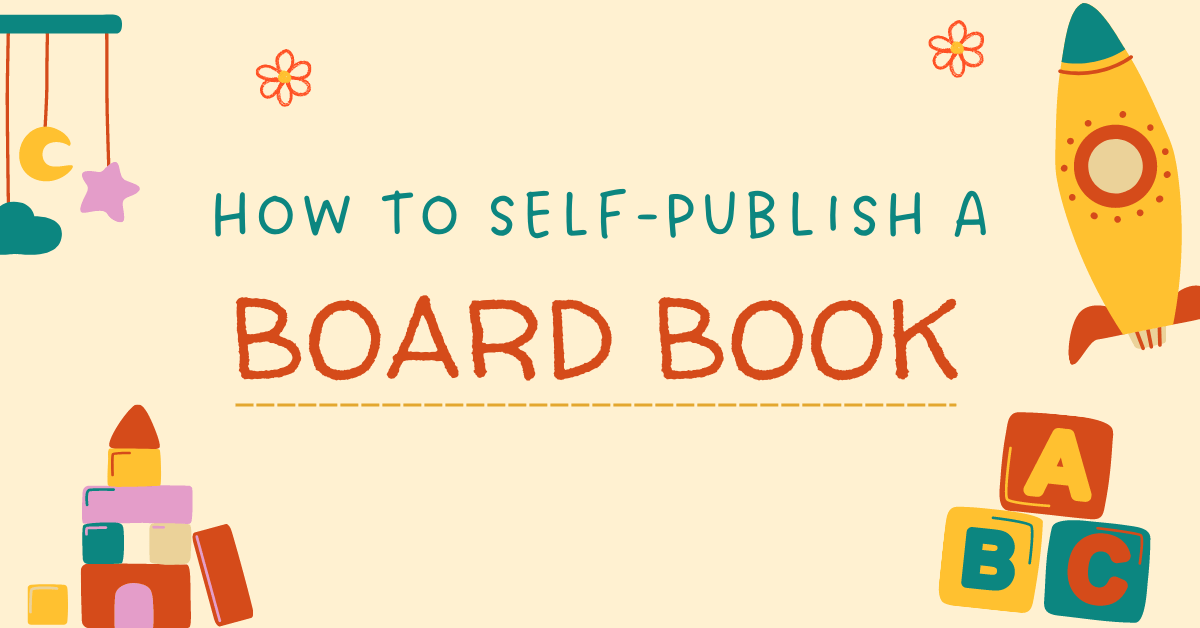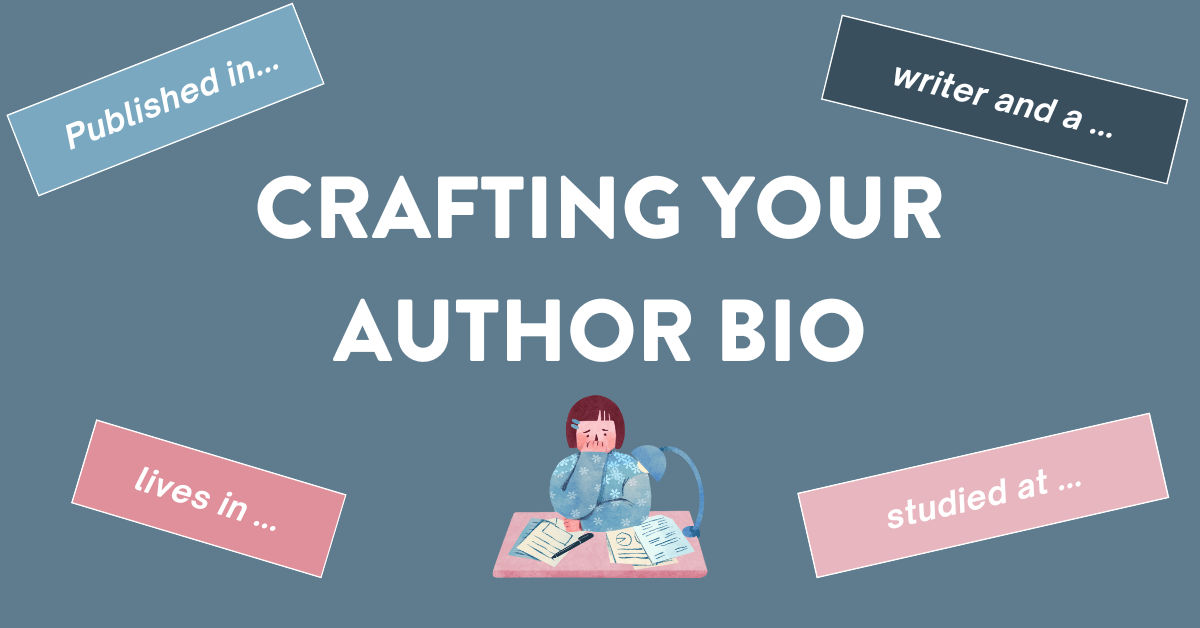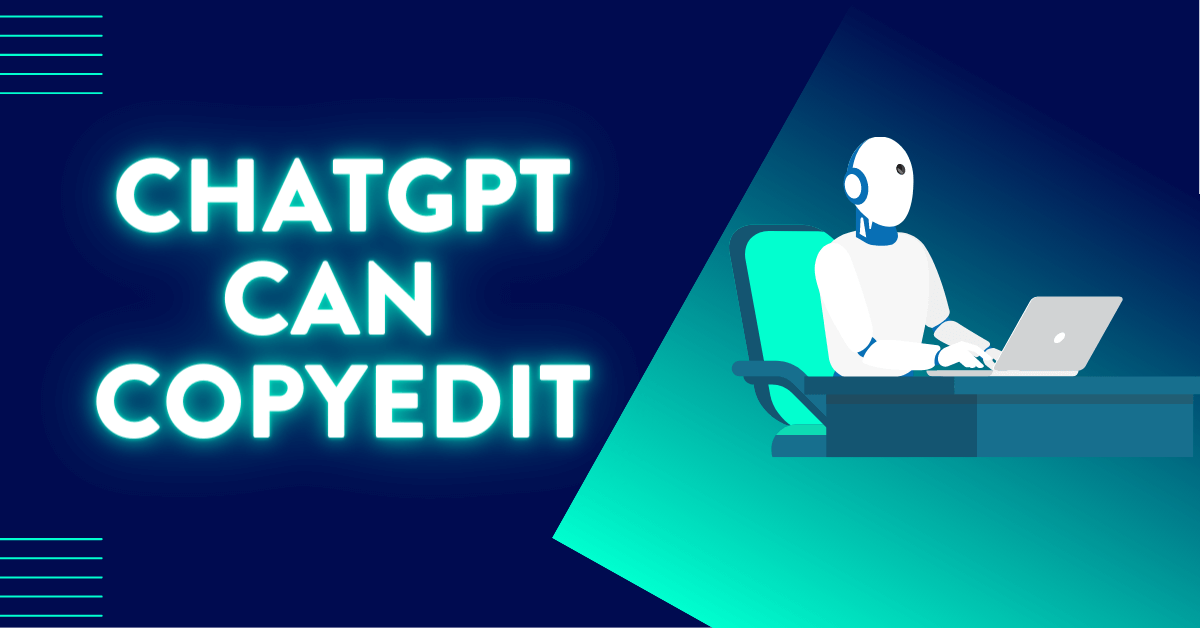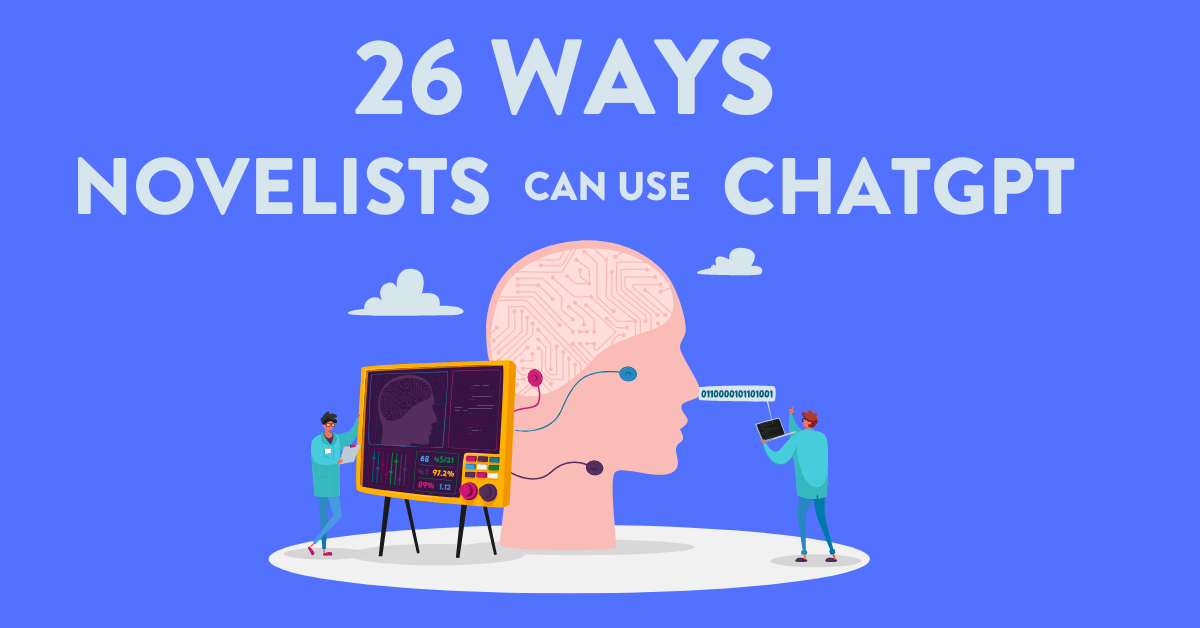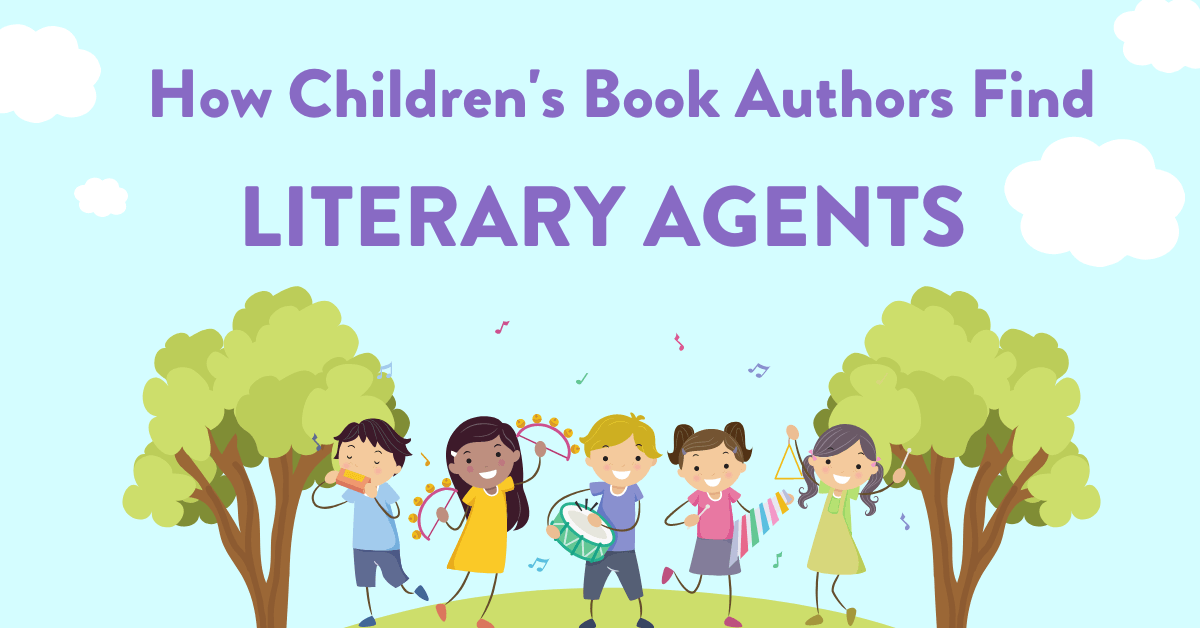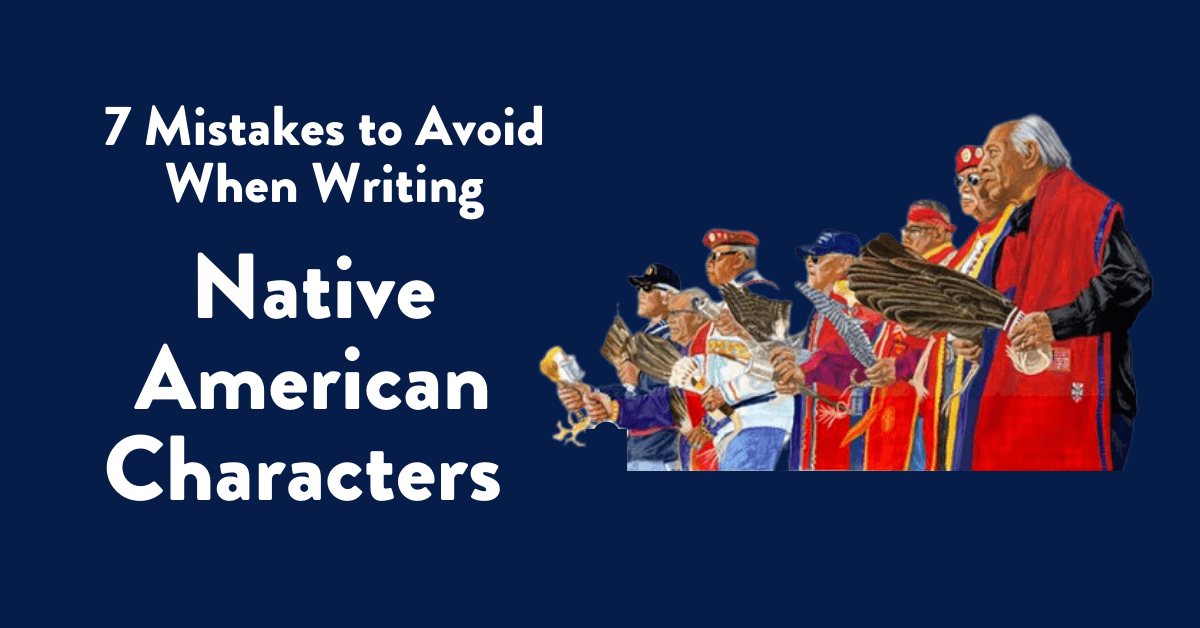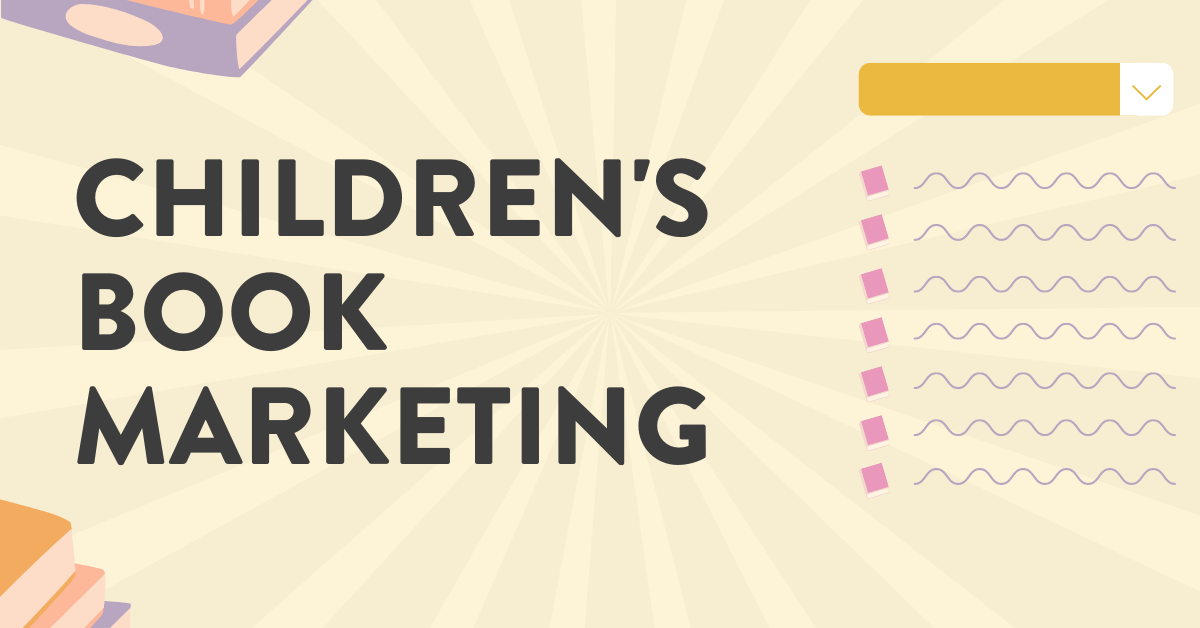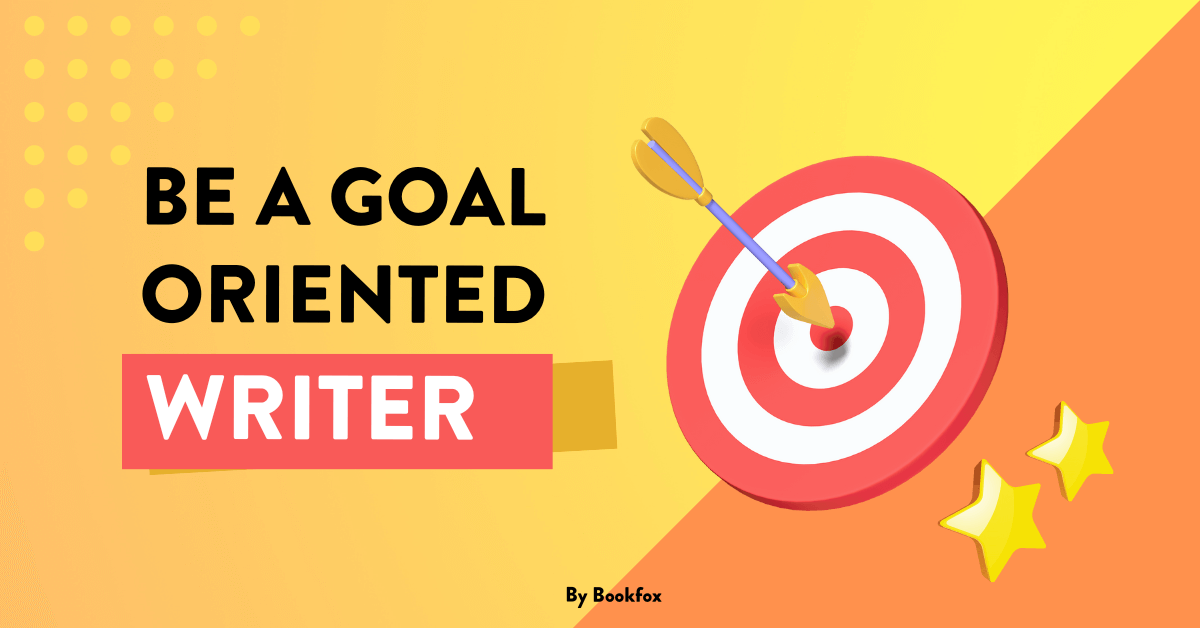Guest Post by Courtney Langdell Board books are a no-brainer for the 0-3 age group. Those thick, laminated, impossible-to-rip pages are perfect for sticky, unpredictable little hands. But they’re also expensive to print one at a time…so expensive that companies like Amazon KDP and IngramSpark refuse to print them on demand. But that’s no reason […]
The Blog
- All posts
- All Popular Posts
- Characters
- Children's Books
- Dialogue
- Editing
- Endings
- Literary Agents
- Marketing
- Novels
- Plot
- Point of View
- Publishers
- Short Stories
- Writing Techniques
- Writing Wisdom
- How to Self-Publish a Board Book

- Crafting Your Author Bio: 5 Tips for New Writers

Guest post by Lizeth De La Luz Congratulations! You are ready to hit a new milestone in your writing career: crafting your author bio. Whether you are submitting to a magazine, contest, agent, publishing house, or finishing up you About You section on your website, your author bio will always be one of the most important things […]
- How to use ChatGPT to Copyedit Your Book

Goldman Sachs estimates that 300 millions jobs will be replaced by AI in the coming years, and one of those jobs will be copy editor. In 1 – 2 years, the vast majority of freelance copy editors will be out of work. Yes, most publishers will retain copy editors to make sure everything is tip-top, […]
- 26 Ways Novelists can use ChatGPT

This post isn’t about getting ChatGPT to write an entire book for you. If that’s what you want, then go elsewhere. This is about ways that fiction writers can harness AI programs to help them write, edit and promote their work. It’s about using the power of technology to level up your writing skills. Human+AI […]
- How Children’s Book Authors can Land Agents

Guest Post by Vicky Weber If you’ve decided on traditional publishing for your children’s book, you may be considering a literary agent to represent you. The thing is…you don’t just hire a literary agent—they have to accept you! But that can be trickier than you’d think. In this post, we’ll answer your burning questions about how […]
- 7 Mistakes to Avoid When Writing Native American Characters

Guest Post by Sarah Elisabeth Sawyer Illustration by Paul King (Choctaw) How can you write about Native Americans without offending someone, or totally botching the culture? As a Choctaw Nation of Oklahoma tribal member and a full-time author, I have a unique understanding and empathy for authors who attempt to write about Native Americans. In […]
- When Will A.I. Start Writing Novels? (Soon. Very Soon)

In five to ten years, A.I. programs will be writing novels. Not great novels, certainly, but readable novels. Many writers and readers might scoff at that kind of prediction, but for those who disagree, try proposing a different timeline: 15 years? 20 years? Well, in the span of human history, that’s not too distant, is […]
- Book Marketing Ideas for Children’s Book Authors

Guest Post by Vicky Weber When I first started in the publishing industry, I was surprised to find that most children’s book authors had no idea how to market their books. That’s understandable, since they’re writers, not marketers—but it’s also a big reason why so many children’s books go unnoticed in the sea of publications. […]
- Be a Goal-Oriented Writer Without Going Crazy

Guest Post by Catherine Lanser Are you a master goal setter? If you are like me, you’ve already read all the rules of setting successful goals. Maybe you even treat your writing like a business and set goals at the end of the year or every quarter. Goal-oriented writers are all over SMART goals and […]
